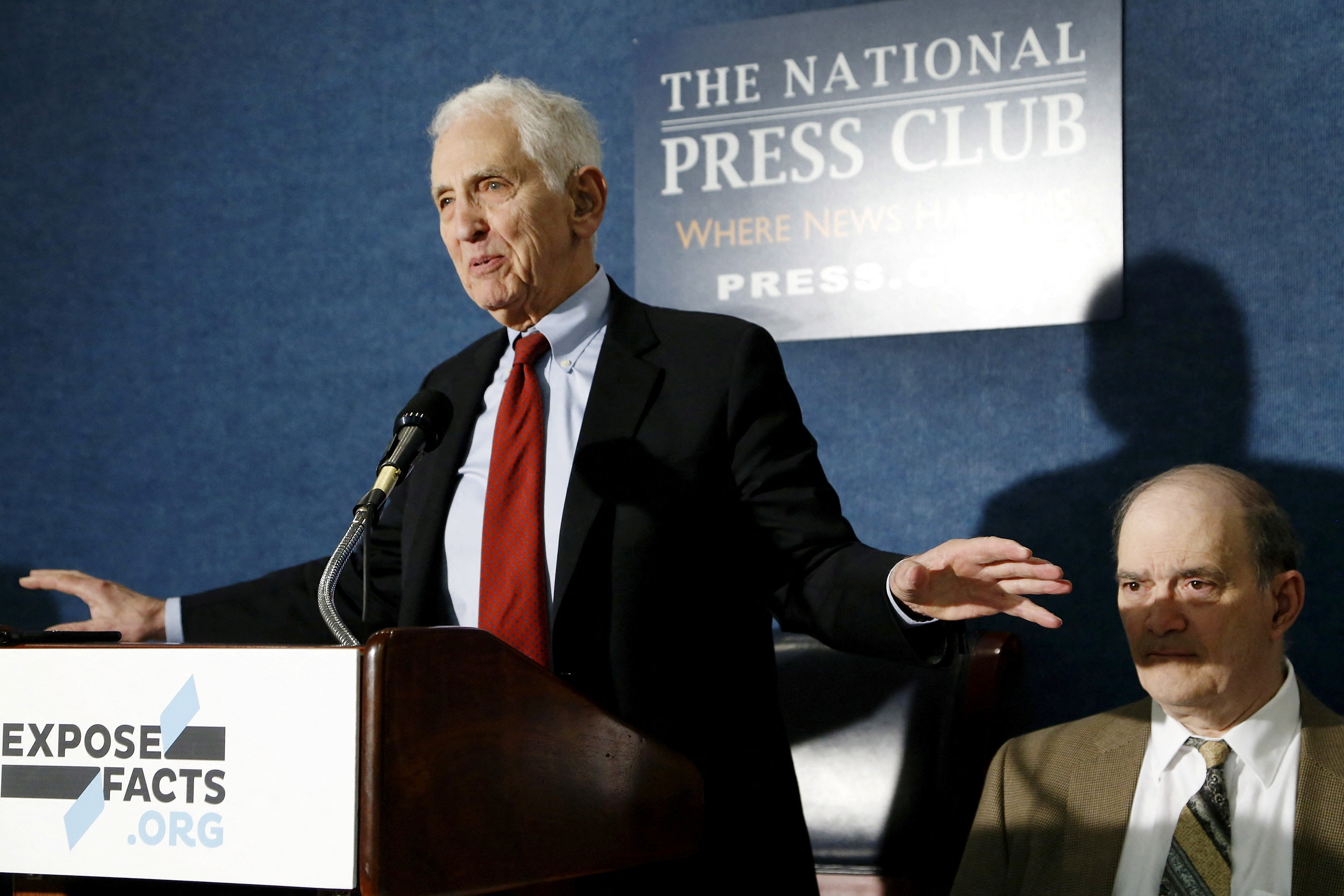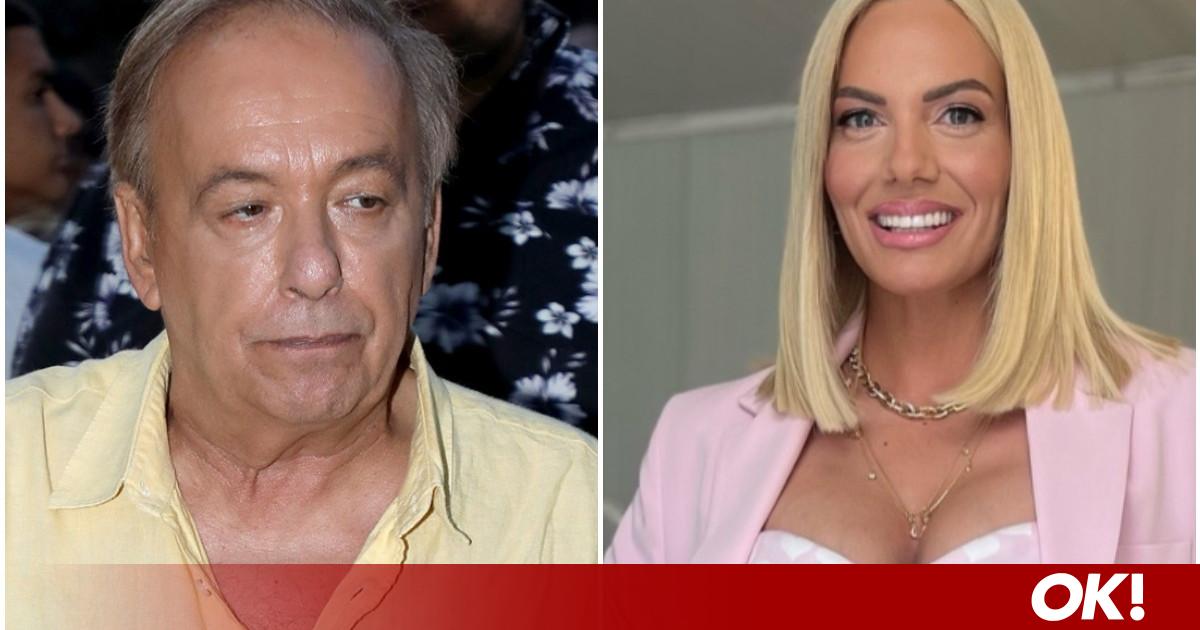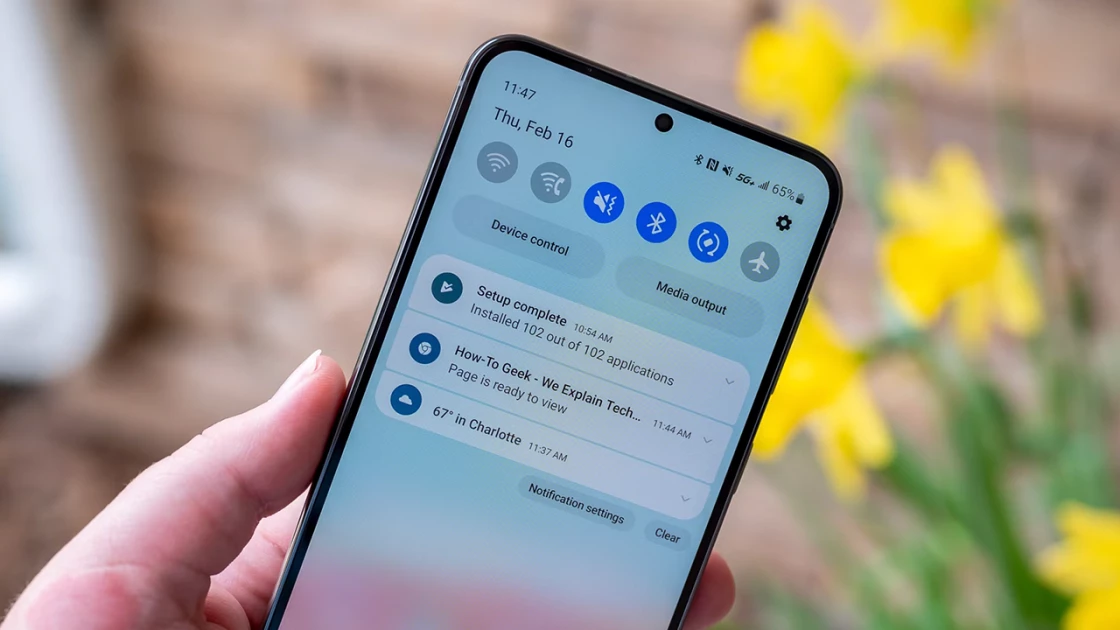
He risked rotting in prison to tell the American people the truth about the Vietnam War.
“Don’t wait until the bombs fall and people die to reveal everything you know. Do it…yesterday.”
This was Daniel Ellsberg’s last piece of advice to all would-be whistleblowers in every corner of the Earth before he closed his eyes at the age of 92. He was diagnosed with pancreatic cancer and decided not to undergo chemotherapy.
He was also “the most dangerous man in America,” dubbed the 1971 leak of documents that exposed the US government’s major lies about the Vietnam War, and sparked one of the most important fights for press freedom.
“Daniel was a truth-seeker, patriot, anti-war activist, beloved husband, father, grandfather, great-grandfather, and dear friend to many, and an inspiration to countless others,” the family statement read. which concluded that he “will live on in everyone’s memory”. The same humorist until the last moment, he said shortly before his death among his loved ones, “If I had known death would be like this, I would have done it sooner.”
The beginning of the apocalyptic story
It all started when, in 1971, Ellsberg, who was working as an analyst at the RAND Corporation, decided with his colleague Anthony Russo to secretly transcribe a 7,000-page study.
In this report, officially titled Office of the Secretary of Defense Vietnam Report, which was requested by the Department of Defense, he stated that the government knew early on that it could not win the Vietnam War. Ellsberg, hoping he could hasten its end, leaked parts of it to the New York Times and other newspapers.
Earlier, when he was posted to Saigon on behalf of the State Department in the mid-1960s, Ellsberg already had an impressive resume, with three degrees from Harvard, serving in the Marine Corps, and already working at the Pentagon and the RAND Corporation. , an influential research institute at the time.
He was then a supporter of the Cold War and a Vietnam “hawk,” but as he later admitted in his memoir, released in 2003, “Secrets: A Memoir of Vietnam and the Pentagon Papers,” a week in Saigon two years ago was his tenure long enough for him to realize that the United States was Engaged in a war you won’t win.
The scandal that shook the United States
Back in 1971, the disclosure of parts of this study caused a great scandal in the United States, because its assessment was in stark contrast, both with what the Pentagon announced publicly, and with the government’s assurances about the war.
These documents revealed that American officials had concluded that the United States probably could not win the war and that President John F. Kennedy approved plans for a coup to overthrow the South Vietnamese leadership. His successor, Lyndon B. Johnson, even planned to extend the war by bombing North Vietnam, even though he said during the campaign that he would not do so.
The documents also spoke of secret US bombings in Cambodia and Laos, revealing that the death toll was higher than what the authorities had admitted.
It should be noted that by the end of the war in 1975, more than 58,000 Americans had lost their lives and 304,000 others had been injured. Nearly 250,000 South Vietnamese soldiers were also killed, as were nearly a million North Vietnamese soldiers, Viet Cong insurgents, and more than two million civilians in North and South Vietnam, Laos, and Cambodia.
“The most dangerous man in America”
Although The New York Times never revealed who leaked the documents, the FBI quickly came up with his name, which made him go into hiding for two weeks and then turn himself in to Boston. “I felt that as an American citizen, as a responsible citizen, I could no longer cooperate in concealing this information from the American public,” he said at the time, stressing that he was “willing to bear all the consequences” of his action. . He also stressed that his only regret is that the documents were not leaked earlier.
Although the Pentagon Papers did not address the Richard Nixon administration and its dealings with Vietnam, Ellsberg was called a traitor by the US President, while Henry Kissinger, then National Security Adviser, said he was “the most dangerous man in America and we must stop him in every sense.”
Despite efforts by both sides to stop the Pentagon Papers from being published, first in the New York Times and then in the Washington Post, the Supreme Court sided with the newspapers in a landmark decision, barring previous restrictions on free speech.
After the information was revealed, the US Department of Justice filed criminal charges against Ellsberg and Russo for leaking the contents of the study to the media. Two and a half months later, two men who starred in the movie Watergate – Gordon Linde and Howard Hunt – broke into Ellsberg’s psychiatrist’s office, looking for incriminating evidence.
Justification and … imitators
The whistleblowers were later charged with espionage, theft and conspiracy to leak. Ellsberg faces a maximum penalty of 115 years in prison if convicted. But at the trial in Los Angeles in 1973, the case was dropped when government wrongdoing and burglary were revealed.
In the following years, Ellsberg wrote books and gave talks in favor of transparency and the fight against proliferation, while defending Edward Snowden, who gave reporters thousands of classified government documents about the surveillance of citizens by US agencies, and soldier Chelsea Manning, who presented thousands of documents. on the WikiLeaks website.
Commenting on Russia’s war in Ukraine, he said a year ago that it had “made the world more dangerous, not just in the short term, but in ways that may be irreversible. This is a tragic and criminal attack. We see humanity at almost its worst, but not quite at its worst – So far, we haven’t seen a nuclear war since 1945.”
It should be noted that in 2017 the film “The Post” directed by Steven Spielberg dealt with the decision of the Washington Post reporter Ben Bradley, who was excellently played by Tom Hanks, and his editor Katharine Graham, whose role was removed by the super. Talented Meryl Streep to publish documents in the newspaper.

“Hipster-friendly coffee fanatic. Subtly charming bacon advocate. Friend of animals everywhere.”





More Stories
Italy: Meloni steps down in the European elections but remains Prime Minister
The humiliating end of Italian fascist dictator Benito Mussolini
TikTok 'ghosts' – what happened when India banned the app